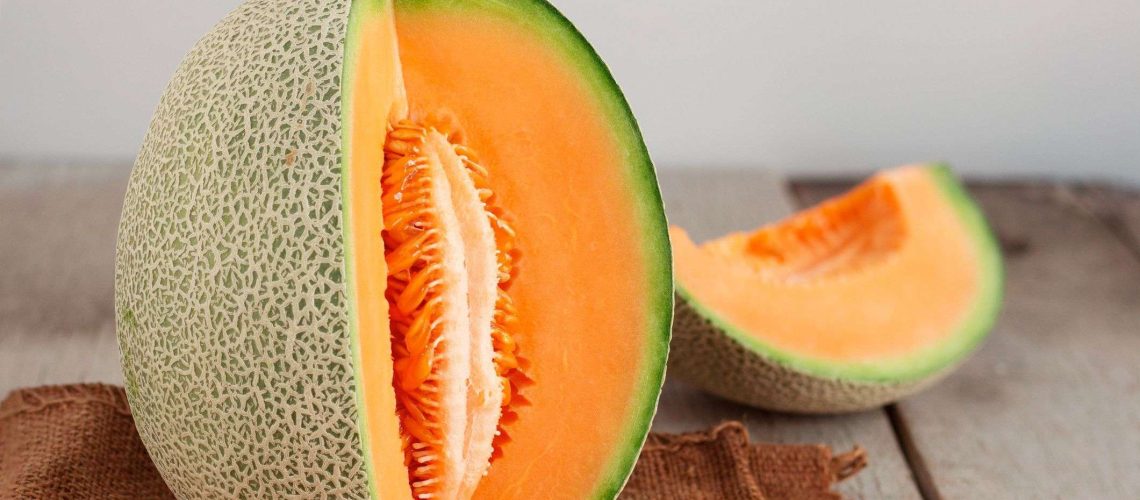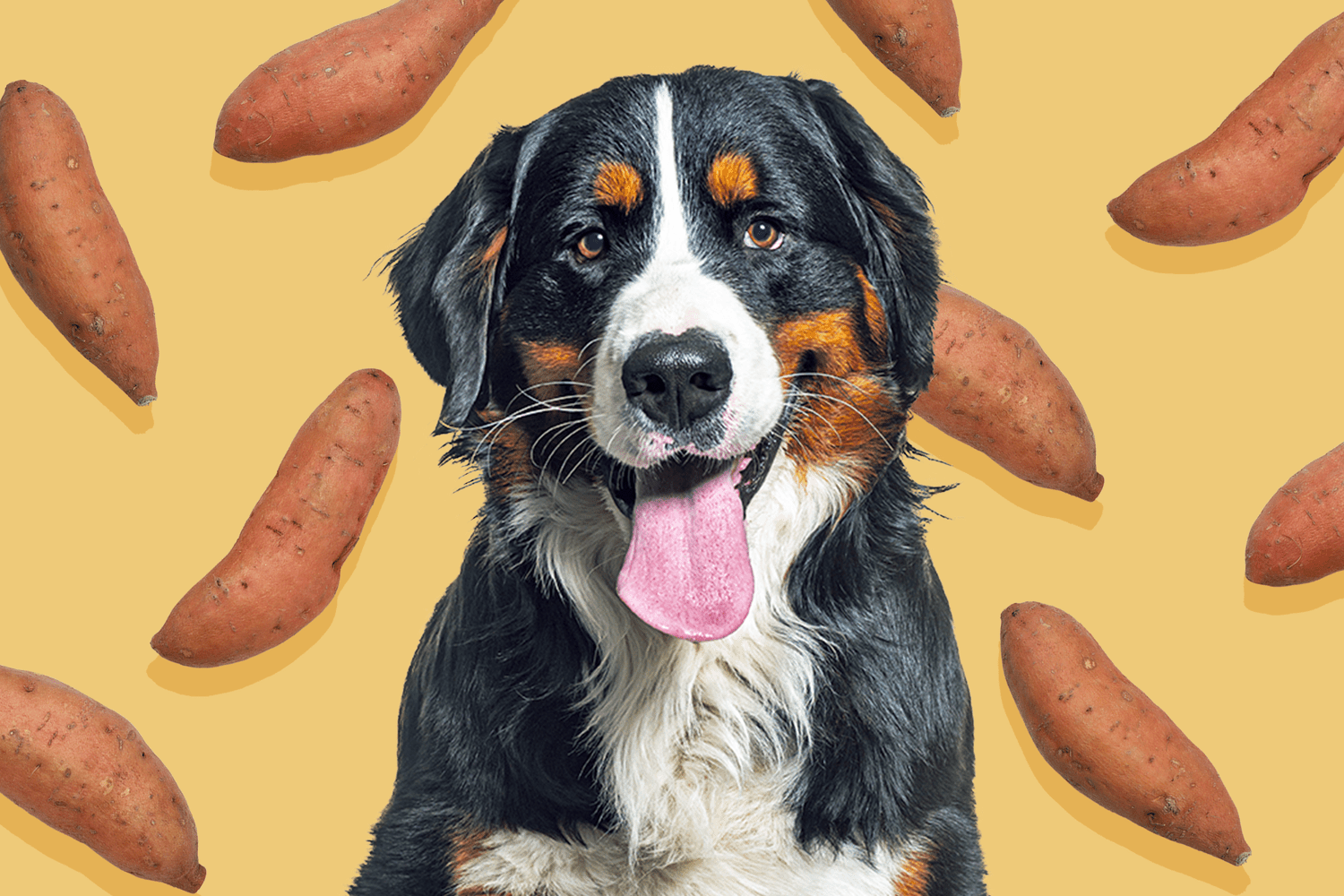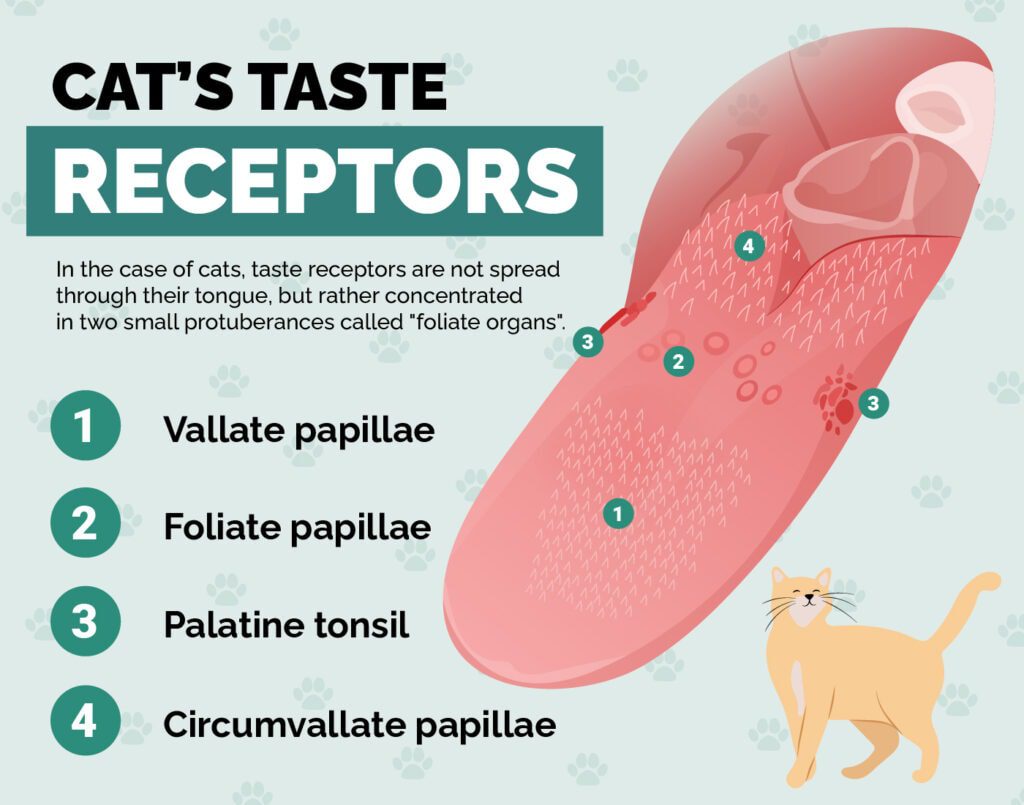Key Takeaways:
- Cantaloupe is safe for dogs to eat in moderation.
- It is important to remove the seeds and rind before feeding cantaloupe to dogs.
- Cantaloupe can be a healthy and refreshing treat for dogs during hot summer months.
- Dogs may enjoy the sweet taste of cantaloupe, but it should only be given as an occasional snack.
- As with any new food, it is best to introduce cantaloupe gradually and monitor your dog for any adverse reactions.
Do you have a furry friend at home who loves to eat everything in sight? Well, if you're wondering whether dogs can munch on cantaloupe, you've come to the right place! Not only will we reveal the answer to this puzzling question, but we'll also uncover the surprising benefits of including this juicy fruit in your dog's diet. Understanding what your canine companion can and cannot eat is crucial for their overall health and well-being. So, let's dive into the world of cantaloupe and discover why it might just be the perfect treat for your four-legged buddy. Get ready to be amazed by the wonders of nature and how they can benefit our furry friends!
What is Cantaloupe and Why Do People Like It?
Cantaloupe is a type of melon that is loved by many people for its sweet and refreshing taste. It has a juicy orange flesh and a slightly musky aroma. Cantaloupes are popular in the summer because they are hydrating and can help cool you down on hot days.
People enjoy eating cantaloupe because it is not only delicious but also packed with nutrients. It is rich in vitamins A and C, which are important for maintaining healthy skin, boosting the immune system, and promoting good vision. Cantaloupe also contains potassium, which helps regulate blood pressure, and fiber, which aids digestion.
Why I Love Cantaloupe
I personally love cantaloupe because it reminds me of summer picnics and beach trips. The sweet and juicy flavor instantly refreshes me on a hot day. I enjoy eating it as a snack or adding it to fruit salads for some extra sweetness.
Fun Fact:
Cantaloupes belong to the same family as cucumbers, pumpkins, and squash. They originated in Africa over 4,000 years ago!
Is Cantaloupe Safe for Dogs to Eat?
Yes, cantaloupe can be safe for dogs to eat in moderation. However, it's important to remove the seeds and rind before feeding it to your furry friend.
Dogs can benefit from the vitamins and minerals found in cantaloupe just like humans do. The fruit is low in calories and fat but high in water content, making it a hydrating snack for dogs.
Tips for Feeding Cantaloupe to Your Dog
- Always remove the seeds and rind before giving cantaloupe to your dog. The seeds can be a choking hazard, and the rind is difficult for dogs to digest.
- Cut the cantaloupe into small, bite-sized pieces to make it easier for your dog to eat.
- Introduce cantaloupe gradually into your dog's diet to ensure they tolerate it well and don't experience any digestive issues.
Remember:
While cantaloupe can be a healthy treat for dogs, it should never replace their regular balanced diet. It's always best to consult with your veterinarian before introducing new foods into your dog's diet.
Are There Any Health Benefits of Cantaloupe for Dogs?
Cantaloupe can provide several health benefits for dogs when fed in moderation. Here are some of the potential benefits:
- Vitamin A: Cantaloupes are rich in vitamin A, which is essential for maintaining good vision and a healthy immune system in dogs.
- Vitamin C: The high vitamin C content in cantaloupes can help support your dog's immune system and promote overall health.
- Fiber: Cantaloupes contain fiber, which aids digestion and can help regulate bowel movements in dogs.
Anecdotal Evidence:
I have personally seen improvements in my dog's coat condition after incorporating small amounts of cantaloupe into his diet. His fur became shinier and softer over time. However, every dog is different, so results may vary!
How Should You Prepare Cantaloupe for Your Dog?
To prepare cantaloupe for your dog, follow these simple steps:
- Wash the cantaloupe thoroughly to remove any dirt or bacteria from the skin.
- Cut the cantaloupe in half and scoop out the seeds with a spoon. Discard the seeds as they can be a choking hazard for dogs.
- Remove the rind by carefully cutting it off with a knife. Dogs have difficulty digesting the tough rind, so it's important to remove it.
- Cut the flesh of the cantaloupe into small, bite-sized pieces that are suitable for your dog's size.
Pro Tip:
You can freeze small chunks of cantaloupe to make a refreshing treat for your dog on hot summer days. Just make sure to thaw them slightly before serving!
Can Dogs Eat the Seeds and Rind of a Cantaloupe?
No, dogs should not eat the seeds or rind of a cantaloupe. The seeds can pose a choking hazard and may also cause digestive issues if ingested in large amounts.
The tough rind of a cantaloupe is difficult for dogs to digest and may lead to gastrointestinal discomfort or blockages. It's best to remove both the seeds and rind before feeding cantaloupe to your dog.
Beware of Choking Hazards:
If your dog accidentally ingests a few seeds while eating cantaloupe, monitor them closely for any signs of distress such as coughing or difficulty breathing. If you notice any concerning symptoms, contact your veterinarian immediately.
Are There Any Risks or Side Effects of Dogs Eating Cantaloupe?
In general, when fed in moderation and prepared properly, cantaloupe is safe for dogs to eat. However, there are a few risks and side effects to be aware of:
- Upset Stomach: Some dogs may experience digestive upset or diarrhea if they consume too much cantaloupe. Introduce it gradually into your dog's diet to see how they tolerate it.
- Allergic Reactions: Although rare, some dogs may be allergic to cantaloupe. Watch out for signs of itching, hives, or difficulty breathing after feeding cantaloupe to your dog.
When in Doubt, Consult Your Vet:
If you have any concerns about feeding cantaloupe to your dog or if they experience any adverse reactions after consuming it, consult with your veterinarian for guidance.
What Are Some Safe and Healthy Fruits for Dogs Instead of Cantaloupe?
If your dog doesn't enjoy cantaloupe or if you're looking for alternative fruits to add variety to their diet, here are some safe and healthy options:
- Blueberries: These small berries are packed with antioxidants and can be fed fresh or frozen as a tasty treat.
- Apples: Remove the seeds and core, then slice the apple into small pieces. Apples provide fiber and vitamin C.
- Bananas: High in potassium and easily digestible, bananas make a great occasional snack for dogs.
Variety is Key:
Remember that fruits should only make up a small portion of your dog's overall diet. It's important to provide them with a balanced diet that includes high-quality dog food specifically formulated for their nutritional needs.
In conclusion, dogs can eat cantaloupe in moderation. It is a safe and healthy treat for them, as long as the seeds and rind are removed. However, it is always best to consult with a veterinarian before introducing any new food into your dog's diet.
How much cantaloupe can a dog have?
You can choose to serve it to your dog as is or incorporate other dog-friendly fruits for variety. It is recommended to serve a maximum of 2 tablespoons of cantaloupe per 10 pounds of your dog's weight.
Are any melons toxic to dogs?
Dogs can consume melon or cantaloupe, but it should be limited. While this fruit is not harmful to dogs, it contains a high amount of sugar, so owners should be cautious about the quantity they feed to their dogs.
What happens if your dog eats too much cantaloupe?
If your dog enjoys eating cantaloupe, he may experience gas and diarrhea if he consumes a large amount of it. However, this can also happen to humans occasionally. Just introduce cantaloupe gradually, starting with a few pieces at a time, and your dog should be fine.
Can dogs have cucumbers?
Dogs can safely consume cucumbers, which provide a crunchy and low-calorie treat that many dogs enjoy. Cucumbers have a calorie content of only 8 calories per half-cup of slices, while a single medium-sized dog biscuit contains 40 calories. Additionally, cucumbers are low in sodium and have no fat content.
What vegetables can dogs not eat?
Garlic, onions, shallots, and chives are vegetables that are harmful to dogs, whether they are consumed raw or cooked. These vegetables contain substances that can lead to anemia and harm red blood cells. It may take several days for signs of illness to appear.
Is pineapple OK for dogs?
Yes, dogs can have raw pineapple as a healthy snack in moderation. However, it is advisable to avoid canned pineapple due to the high sugar content in the syrup, which can be difficult for most dogs to digest.

















